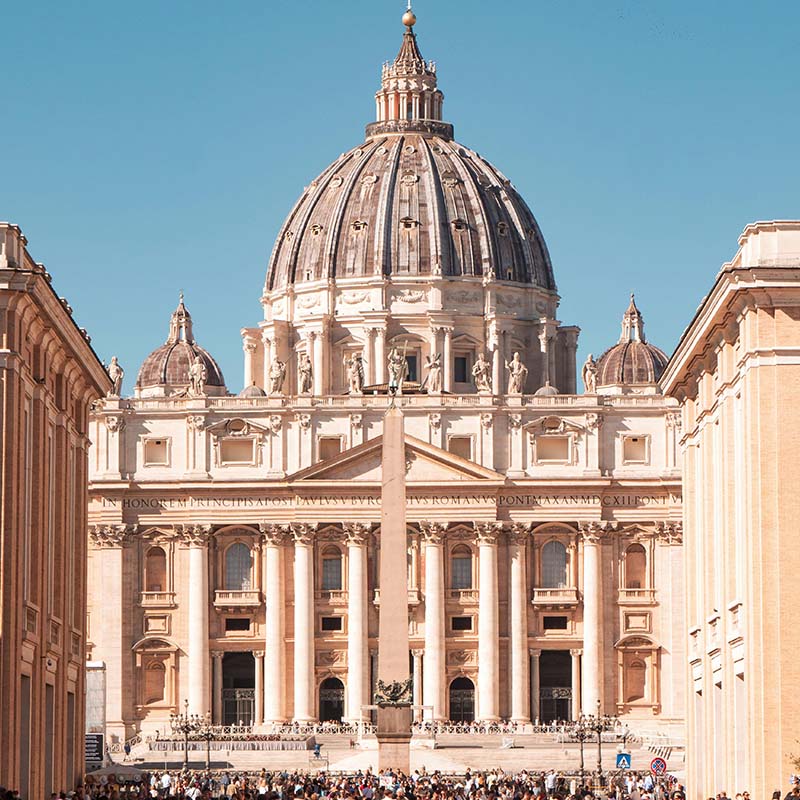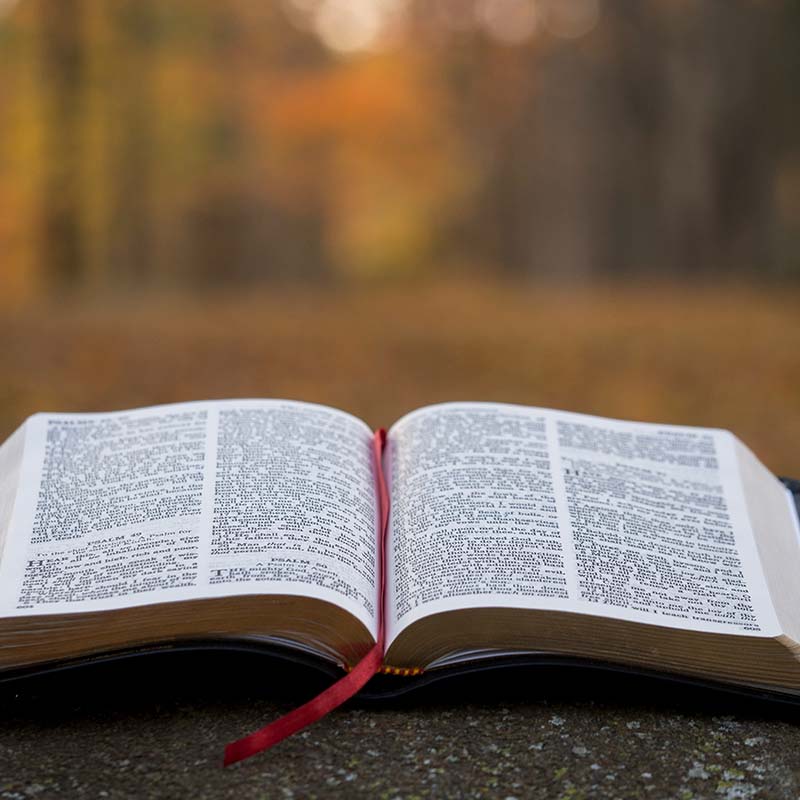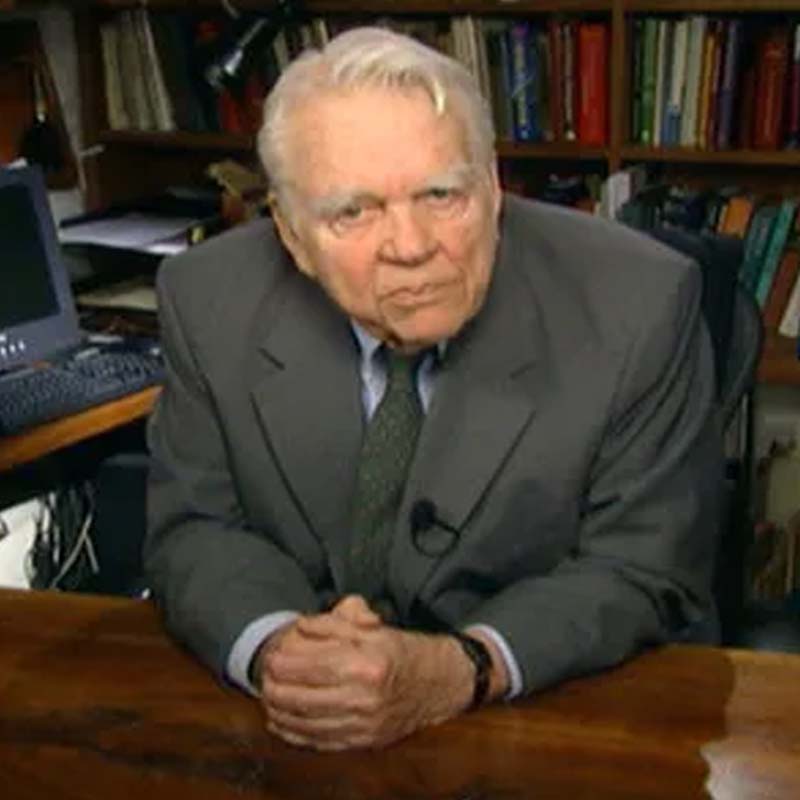
On September 30, 2019, Pope Francis issued an Apostolic Letter that instituted the Third Sunday of Ordinary Time in the church liturgical calendar as Sunday of The Word Of God. Each year it’s to be “a Sunday given over entirely to the Word of God, so as to appreciate the inexhaustible riches contained in that constant dialogue between the Lord and his people.”
He declares it to be a day “devoted to the celebration, study, and dissemination of the Word of God” as well as a reminder to “strengthen our bonds with the Jewish people and to pray for Christian unity.” And that day is today!
When we consider our bonds with the Jewish people and our separated brothers and sisters in the Christian faith, we are often confronted with our shortcomings when it comes to the priority of the study of Scripture, its centrality in forming us, and essential role it has in evangelizing the culture around us.
Too often Catholics leave the study of Scripture to clergy and theologians, and limit their hearing of Scripture to its proclamation at Sunday Mass. Yet when Jesus first appeared to his disciples after his resurrection, “he opened their minds to understand the Scriptures (Lk. 24: 45).” One of the first things he did!
Opening our minds to God’s word is not a passive exercise. It requires an active intention, a daily decision, and dedicated discipline. But make no mistake, this is no hardship. It is a work of love that unearths unimaginable treasures.
Treasure Hunting
Quoting the fourth century saint, Ephrem from Syria, Pope Francis wrote: “Who is able to understand, Lord, all the richness of even one of your words? There is more that eludes us than what we can understand. We are like the thirsty drinking from a fountain. Your word has as many aspects as the perspectives of those who study it. The Lord has colored his word with diverse beauties, so that those who study it can contemplate what stirs them. He has hidden in his word all treasures, so that each of us may find a richness in what he or she contemplates.”
After all, Holy Scripture is not a static collection of words on a page from a time long gone. It is the living voice of God speaking to us at any and every moment. Jesus Christ is the Word of God. So as St. Jerome famously wrote: “Ignorance of the Scriptures is ignorance of Christ.”
Paul’s letter to Timothy made the point from a more pastoral perspective: “All scripture is inspired by God and is useful for teaching, for reproof, for correction, and for training in righteousness, so that everyone who belongs to God may be proficient, equipped for every good work (2 Tim. 3: 16-17).”
To quote my friend, Mr. Frederickson, from the Pixar film Up, “I’m old and infirm”, so I have had many years to accumulate resources that fill a wall of bookshelves in my basement. And I’ve actually read some of them. I say that “tongue in cheek”, but quickly add that I’ve probably forgotten more than I remember. Still I offer the following recommendations for anyone who wants to make a resolution on this Word of God Sunday to begin (or resume) the study of the Book of Books – the Bible.
Treasure Maps
It is often said that a study of the Bible should begin with a reading of the Gospels. For this purpose I have found no better companion than Frank Sheed’s To Know Christ Jesus. His disclaimer in the Foreword says it is neither a life of Christ nor a Gospel commentary. It is an attempt to “see the Face which through all the centuries has looked out from them (the Gospels) upon men. The object is not to prove something but to meet Someone.” To me he not only helps us to see the Face of Christ, he has an uncanny ability to seemingly reveal the Mind of Christ as he walked the earth. Thus, the appropriate title.
When I was the Dean of Students at Franciscan University, I bought a book that had just been published (2005) by Scott Hahn entitled, Understanding The Scriptures: A Complete Course on Bible Study. I asked him to sign it for me, and then promptly placed it on my book shelf wall – where it sat undisturbed for a good while. Noticing it in passing one day I decided to crack it open and found it to be a wonderful resource that ends each chapter with sections on Supplemental Reading, Vocabulary, Study Questions, and Practical Exercises. In case that scares you off, there are lots of great pictures, graphs, and maps, too.
If you’re not up for those 532 pages, Fr. George T. Montague has written a very readable paperback on Biblical Interpretation appropriately entitled, Understanding the Bible. I attended charismatic renewal conferences in the 1970s where Fr. George was a frequent speaker and always found him to be a very down-to-earth teacher. His writings are similarly practical and accessible.
One of the challenges of studying God’s Word is that it wasn’t originally written (or spoken) in English. Enter the world of translations, where an online resource called Bible Gateway lists over sixty. Even after you settle on a few that you believe are the most reliable, a good Concordance is invaluable. As a much younger man my budget limited me to the Exhaustive Concordance using the New Revised Standard Version and edited by Dr. Bruce Metzger, along with Strong’s Exhaustive Concordance of the Bible (mainly for its Hebrew and Greek Dictionaries). As of March 2022, you can now get The Catholic Bible Concordance for the Revised Standard Version Catholic Edition (RSV-CE) for only $54.95. Maybe I can start making more room on my bookshelves by donating a box to the local Half-Price Bookstore.
One book that will never be in that box is a modern classic by Henri Daniel-Rops called Daily Life in the Time of Jesus. Although it’s not a Scripture study, it goes a long way to making Scripture more understandable. When we watch the nightly news, we do so in the context of a broad ranging knowledge of the world in which we live. And that world would be completely alien to the apostles accompanying Jesus. Well, when we read the Gospels, we’re the aliens. That’s where this French author and former editor-in-chief of the Twentieth Century Encyclopedia of Catholicism becomes our interpreter. Like a seasoned tour guide he patiently describes the political, geographical, religious, educational, economic, cultural, social, and human context of first century Palestine.
If your Scripture study leads you to a desire for knowledge about the central dogmas of the Christian faith, then circle back to where we started. Frank Sheed’s Theology For Beginners as well as Theology and Sanity. As the author Karl Keating notes, “Frank Sheed never composed an incoherent sentence.” Sheed died in 1982 in Jersey City, New Jersey. I wish I had known he was a contemporary. I might have sought his signature, too.

















3 Responses
Great message Tom (as usual). I appreciate the challenges and encouragement to obtain a deeper understanding of His Word.
Thanks Tom,
I’ve been thinking a lot about this topic recently, so it’s great to have some resources to explore!
You can even borrow one:)